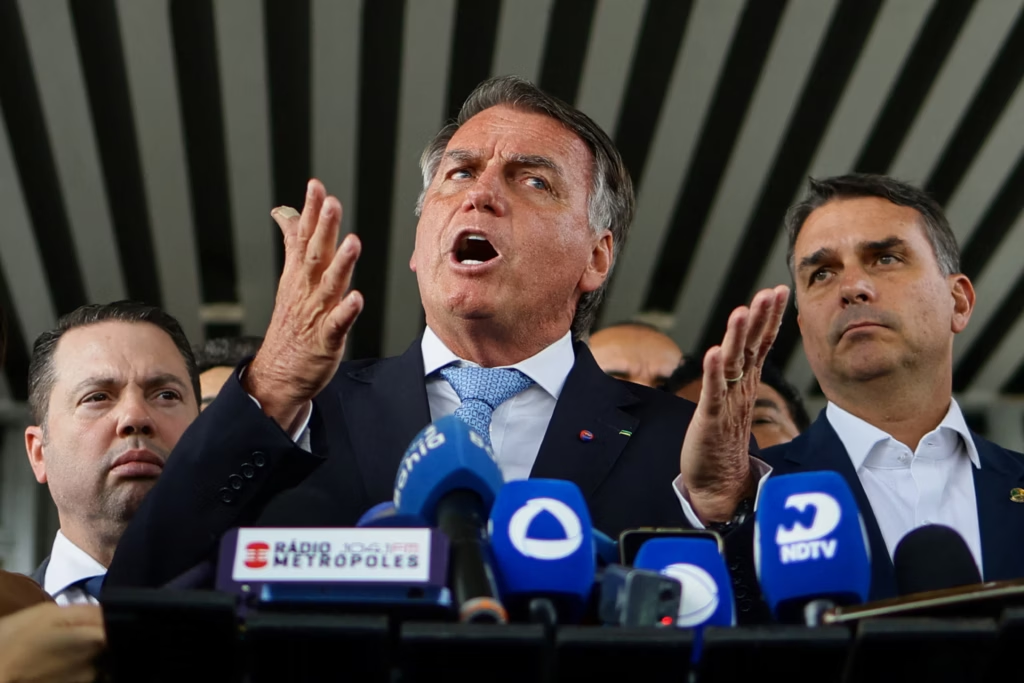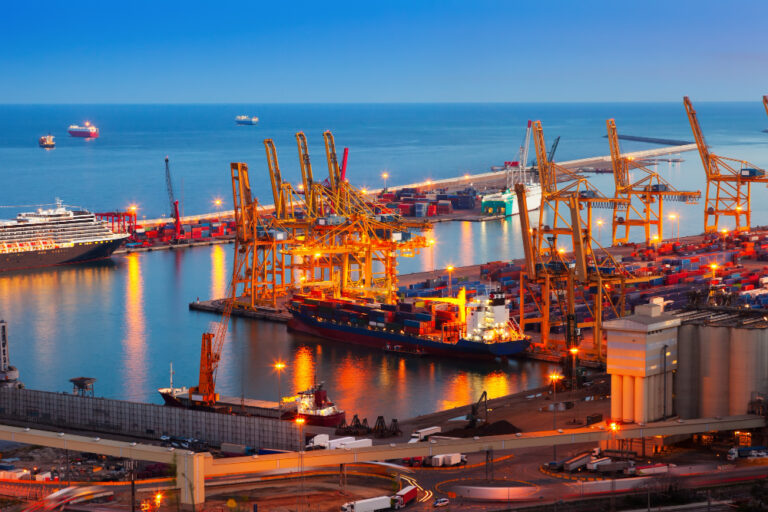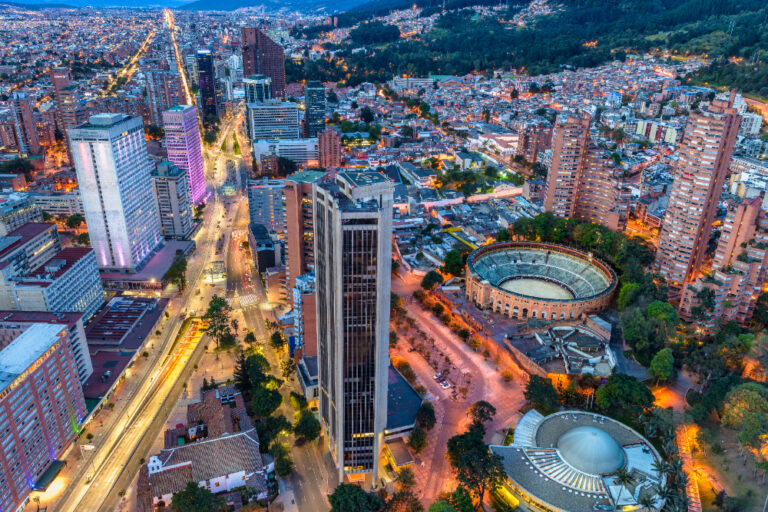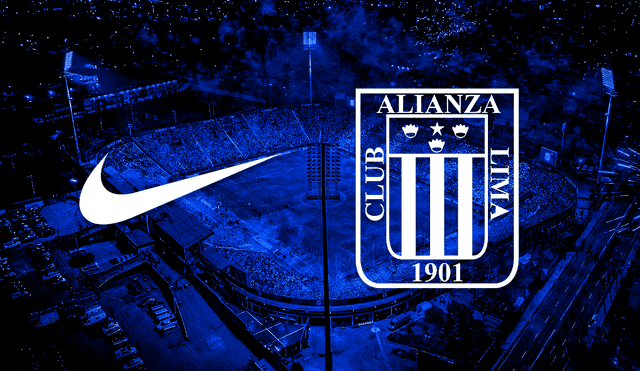
Brasília, Brazil—March 27, 2025—Brazil’s Supreme Court decided Tuesday to put former President Jair Bolsonaro on trial for allegedly orchestrating a coup attempt following his narrow defeat in the 2022 presidential election. A five-judge panel voted unanimously to move forward, a swift ruling that could upend the country’s political landscape, according to Reuters. The decision marks a pivotal moment in Brazil’s effort to hold the far-right leader accountable for actions prosecutors say threatened its 40-year-old democracy.
The case stems from Bolsonaro’s refusal to concede after losing to Luiz Inácio Lula da Silva in October 2022. Federal police allege he led a conspiracy—backed by top aides and military figures—to cling to power, culminating in the January 8, 2023, riots when supporters stormed government buildings in Brasília. Tuesday’s ruling, handed down just over two years after that chaos, sets the stage for a trial that could land Bolsonaro, who served from 2019 to 2022, in prison for years if convicted.
Justice Alexandre de Moraes, leading the panel, framed the plot as a “systematic effort” to undermine the election and stage a violent power grab. The charges, accepted from Prosecutor-General Paulo Gonet, include coup d’état, criminal organization, and attempting to abolish democratic rule. Seven allies, including ex-Defense Minister Walter Braga Netto and former spy chief Alexandre Ramagem, will also face trial. Bolsonaro, speaking Wednesday in Brasília, called the accusations “grave and baseless,” insisting they’re a personal vendetta by the judiciary, per Reuters.
The Alleged Plot Unraveled
Investigators point to a sprawling scheme that began months before the 2022 vote. Bolsonaro sowed doubt about Brazil’s electronic voting system as early as July 2021, priming supporters for unrest, per an 884-page police report unsealed last November. After losing to Lula by 1.8 percentage points, he allegedly drafted a decree to nullify the results and rallied military leaders to back it. The plan faltered when army and air force commanders refused, though the navy’s head signaled readiness, per witness accounts cited in the report.
The January 8 riots—echoing the U.S. Capitol attack two years prior—saw thousands ransack Congress, the Supreme Court, and the presidential palace. Police arrested over 1,500, but Bolsonaro, then in Florida, denied involvement. Prosecutors allege a more sinister twist: a plot to assassinate Lula, Vice President Geraldo Alckmin, and Moraes using poison or explosives, thwarted only by a lack of military buy-in. “This was a terrifying operation,” Gonet told the court Tuesday, urging swift justice.
Political Fallout and Public Divide
The ruling jolts Brazil’s polarized political scene. Bolsonaro, barred from running until 2030 by the Superior Electoral Court for election disinformation, still commands a loyal base. Sunday’s rally on Copacabana beach drew 20,000 to 30,000 supporters—far short of the million his allies predicted—backing an amnesty bid for rioters, per AP News. Yet analysts see his influence waning. “He’s cornered judicially,” said O Globo’s Bernardo Mello Franco, suggesting exile or a 2026 right-wing proxy as his best bets.
Lula, speaking Thursday, called himself “lucky to be alive” after the alleged assassination plot. His administration cheers the trial as a democratic win, but critics like Senator Flávio Bolsonaro, the ex-president’s son, decry it as a “witch hunt” on X. Posts on the platform Thursday show a split public—some hail accountability, others see political persecution. “Democracy beats ours,” one user quipped, contrasting Brazil’s pace with U.S. delays on Trump’s January 6 case.
What’s Next
The trial’s timeline remains fluid—potentially starting later this year—but its stakes are clear. Conviction could mean a dozen years behind bars for Bolsonaro, 70, ending his political career. His defense, led by lawyers who skipped Tuesday’s session, will argue he never acted on plans, a stance law professor João Pedro Pádua told NPR might hinge on distinguishing intent from execution. Evidence, including phone records and plea deals like that of aide Mauro Cid, looms large.
Brazil’s markets held steady Wednesday, with the real at 5.9 to the dollar, per X posts, but the ruling reverberates beyond economics. As the first high-ranking military figures—like retired generals Braga Netto and Paulo Sérgio Nogueira—face coup charges, it breaks a century of impunity since the 1964-1985 dictatorship. “This is historic,” said Pedro Fassoni Arruda, a political scientist at São Paulo’s Pontifical Catholic University.
For now, Bolsonaro vows to fight. The Supreme Court’s move Tuesday sets Brazil on a collision course—justice versus a defiant ex-leader, with a nation watching.





